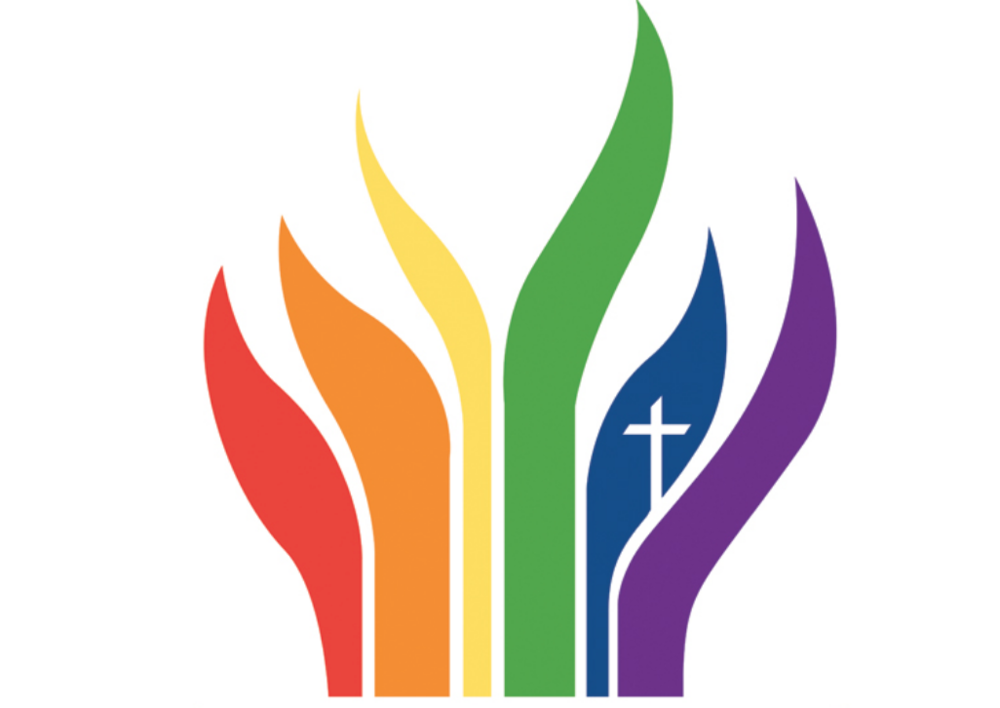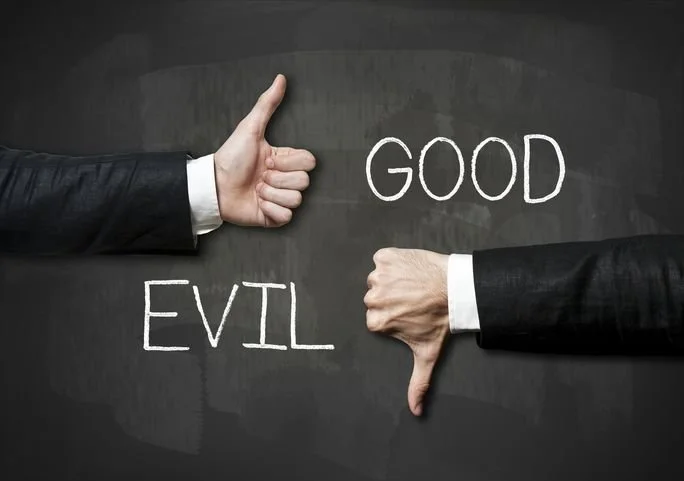Twenty years ago, I moved to Nashville, Tennessee, to work for The Associated Press.
I spent less than a year in Music City before transferring to Dallas, but oh, what a fun 11 months for a religion reporter (and country music fan).
I covered the fight over a proposed Tennessee lottery and a prayer service on the night the Iraq War began, but some of my favorite stories were less weighty:
• A profile of a man who paid children $10 each to learn the Ten Commandments (until 15,000 “memorization affidavits” from across the nation flooded his mailbox after my story ran).
• A feature on Gospel Music Week, when some of Nashville’s most popular bars and nightspots traded lying-and-cheating songs for hymns about prayer and redemption.
• An interview with the 104-year-old widow of a famous Black traveling evangelist.
Blame Liam Adams, The Tennessean’s religion reporter, for this trip down memory lane.
In a fascinating deep dive published this week, Adams and his colleague Cole Villena delve into “Williamson County, the suburban ‘new frontier’ for American evangelical Christianity.”
“An already heavily Christian area is on track to become a capital of evangelicalism in the U.S.,” the story asserts, referring to the fast-growing county south of Nashville.
I pointed out to Adams on Twitter that my family lived in Williamson County — Spring Hill, to be precise — in our brief time in the Nashville area.
“All religion reporting roads lead through greater Nashville apparently,” chimed in Christianity Today’s Kate Shellnutt, herself a former Nashville resident.










